Hysterectomy
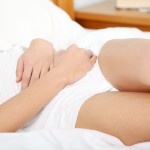
It is estimated that over 1000 hysterectomies are performed each week in the UK and that number totals more than 11,000 in the US. Hysterectomy is the most commonly performed operation, and it has, over the past decades, been used to ‘solve’ all manner of female problems. Hysterectomies are rarely performed to save lives, many are unnecessary and the most common reason for a hysterectomy is heavy periods. Frankly, the removal of a fundamental part of a woman’s body for this reason is nothing short of scandalous.
It may be that you do need a hysterectomy for legitimate medical reasons, but before you make that decision you need to know what choices are available to you and whether there are other ways of approaching the problem. The majority of hysterectomy operations are not necessary, but many women are unaware that there are viable alternatives. If, in fact, your hysterectomy is necessary, there are still choices to be made. Should you keep your ovaries? Can your cervix be left in place? There are many, many options available to most women, but to make an informed decision, you need to know the facts. All of these points will be covered in detail below and in the rest of this chapter.
Some time ago I was speaking at a seminar on Pre-menstrual Syndrome (PMS). One gynaecologist stood up to outline his solution to the problem, which involved a total hysterectomy, removing the ovaries as well. The logic behind this was that if a woman did not have a cycle, she would not suffer from pre-menstrual symptoms! This ‘treatment’ was offered even to young women, in the midst of their childbearing years. Certainly the PMS symptoms would be wiped out, but what these women probably would not know is that a radical hysterectomy involving the removal of the womb and the ovaries would plunge them straight into the menopause, with all the its symptoms. So, for example, the irritability of PMS would be traded for hot flushes. The solution to early menopause and its symptoms? HRT (Hormone Replacement Therapy). It doesn’t take a rocket scientist to work out that dealing with the PMS symptoms would be a much more viable, and healthy, solution.
It is this sort of radical ‘treatment’ option that you need to question. Always remember that it is your body, and you will almost always have choices. Educate yourself on the options, and make your decision after seeking a number of different opinions.
What your doctor might tell you
It may be suggested that you should have a hysterectomy for any of the conditions below:
- heavy periods
- fibroids
- endometriosis
- prolapse
- pelvic inflammatory disease
- cancer
All of the conditions mentioned above, apart from cancer, are covered in separate sections on this web site. In each section, I outline the ways to deal with that condition from both a conventional and a natural point of view. In other words, there are a variety of viable treatment options that do not involve hysterectomy.
In every case, hysterectomy should be a last resort, except in the case of cancer where your life may be at stake. The information detailed below relates to any other condition apart from cancer, where you will not have the same choices available to you.
Questions to ask yourself before considering hysterectomy
1. Can I live with the symptoms?
2. Do the symptoms affect my quality of life to the extent that it prevents me from doing things I would like to do?
3. Have I tried all the alternative medical treatments?
4. Have I tried the natural approach?
5. Do I want to have children or to have more children?
If you decide that a hysterectomy is inevitable then you need to ask yourself two questions:
1. What kind of hysterectomy should I have?
2. Should my ovaries be removed at the same time?
Keeping your ovaries
Your ovaries produce the hormones, oestrogen, progesterone and testosterone. If your ovaries are removed, your body will suddenly enter a state of surgical menopause, which can be enormously traumatic both physically and emotionally. When the female hormone supply from the ovaries is cut off, your body literally goes into the menopause overnight. On the other hand, a natural menopause (even if you don’t have a womb) can take anywhere from 15 to 20 years, as hormone levels gradually decline.
Premature menopause is normally classed as taking place before the age of 40. If you are younger than 40, and require a hysterectomy with your ovaries removed, you will be pushed into a premature menopause. That means beginning HRT because you cannot risk being without important female hormones for a long period of time. It has serious implications for your bones (see Osteoporosis section), among other things.
A hysterectomy over the age of 50 (the average age of menopause) won’t have quite the same implications because you will have a naturally lower level of oestrogen in your body, and will be unlikely to experience a shock as the supply is cut off. It may be enough to use the recommendations from the Menopause Section and the other information from my book ‘Natural Solutions to the Menopause’ to help control the symptoms but also to ensure that you have a scan for osteoporosis (see Osteoporosis section).
Protocol in some hospitals dictates that whenever the ovaries are removed during a hysterectomy, oestrogen implants are inserted straight after surgery. The pellets that are inserted contain a type of oestrogen that does not dissolve evenly, and it appears that controlled doses are not always maintained, causing overdosing.
When a woman has had a hysterectomy she is given HRT in the form of oestrogen only and not as combined oestrogen and progestogen. If you take HRT after a hysterectomy, you will only be given oestrogen. Normally HRT is a combination of oestrogen and progestogen because if oestrogen is given on its own then there is a risk of womb cancer (because oestrogen will build up the lining of the womb). When the womb is removed progestogen is not needed so only oestrogen is prescribed.
This also raises the issue of whether or not you want to go down the HRT route. If you do decide to try hormone replacement therapy, there are a number of different ways that it can be administered (see Menopause section)
What are your choices?
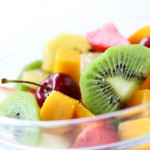
Supplements
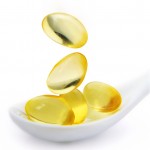
Multivitamin and Mineral
A good quality multivitamin and mineral would form the foundation of your supplement programme to make sure that you are getting a ‘little bit of everything’.
Vitamin C
Vitamin C is an important vitamin in all cases of infection, and it also helps to boost immune activity. Many studies have shown that vitamin C helps to increase immune function.
Zinc
Zinc is an important mineral for the immune system and it needs to be taken both when an infection is present and to prevent a recurrence.
Garlic
Garlic is important to boost your immune system. Garlic has often been called ‘nature’s antibiotic’ which is important post surgery to reduce the risk of infection.
Probiotics
I have also included probiotics which you should take before and after the operation. You will probably be given antibiotics after the surgery, to prevent infection, but these can, unfortunately, upset the balance of bacteria in the gut and give you an attack of thrush. There can also be distressing digestive side effects such as nausea and diarrhoea. Probiotics help to build up the ‘healthy’ bacteria in the gut and as 70% of your immune system is in your gut this can help prevent infections.
Vitamin E
Vitamin E can be extremely useful to speed up wound healing and to reduce scarring. Get some pure vitamin E oil or buy capsules of vitamin E, which can be broken open and rubbed into the scar. Check with your doctor before doing this.
Vitamin E can be taken by mouth as well after the surgery and this can help post-operative complications caused by blood clots. Once again, however, check with your doctor before taking this vitamin. If you have already been given medication to thin your blood, such as aspirin, then you should not take the vitamin E.
Coping with Surgery
One of the best things you can do following surgery, and even leading up to the operation itself, is to see a good homeopath for suitable remedies. These can make a big difference to how you feel after surgery, and improve your rate of recovery dramatically.
- You want to be as healthy as possible before, during and after the surgery to allow your body to recover quickly and to fight off any infections. Follow the dietary recommendations in the Foundation of Health page. Unless you have an emergency hysterectomy (which is not common, unless cancer has been diagnosed), you will have time to begin eating well before you go into hospital. This can make a great deal of difference to the healing process.
- In particular, it is important that you give up alcohol in the lead-up to the operation. You will be given drugs such as anaesthetics and possibly painkillers over the course of the operation and follow-up treatment, and you will need your liver to work efficiently to eliminate these from your system when they have done their job.
- Start weaning yourself off tea and coffee and anything else containing caffeine (such as colas and chocolate) as soon as possible. It is now known that certain postoperative symptoms are not caused by the effects of the anaesthetic, as previously thought, but by caffeine withdrawal. Before a general anaesthetic, patients are asked not to eat or drink for a number of hours and by the time they come round from the operation the withdrawal symptoms have already started.
- Eat foods that help to boost your immune system. These include plenty of fresh fruits and vegetarians. Include fresh garlic in your diet for its immune-boosting properties.
- While you are in hospital, do the best you can with the hospital food and choose the healthiest options.
Herbs

Echinacea
Echinacea is useful for boosting immune system function as it can increase white blood cell count and activity. This increase can help the body engulf abnormal cells. Echinacea appears to be more effective when taken on and off. Take for 10 days, stop taking it for three, and then take it for another 10 days.
Caution
You should not take the above herb if you are taking medication unless it has been recommended by a registered, experienced practitioner.
Tests
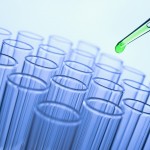
Mineral Deficiency Test with Supplement Programme (hair)
Find out what the mineral and heavy toxic levels are in your body
This test measures the deficiencies and excess levels of 12 different minerals (including calcium, chromium, cobalt, copper, iron, magnesium, manganese, phosphorus, potassium, selenium, sodium and zinc) and 6 heavy toxic metals (including aluminium, arsenic, cadmium, lead, mercury and nickel) that may be present in your body. Find out more – Mineral Deficiency Test with Supplement Programme (hair)
Online Personalised Supplement Assessment Programme
Discover what vitamins and minerals you need and should be taking.
The analysis of this comprehensive questionnaire will give you a three monthly supplement programme to help balance any vitamin and mineral deficiencies you may have. Find out more – Online Personalised Supplement Assessment Programme.
After three months you would then have a re-test in order to monitor your progress and adjust your supplement programme according to your new condition.
If you need help in obtaining any of the supplements, herbs or tests mentioned above, click, Hysterectomy Options at The Natural Health Practice. They can supply all of them for you online or if you prefer to talk to somebody first you can also order by mail order on the telephone. The products supplied by this company are always of the highest quality.
Plan of Action
Nutrition
Ensure you are getting the right nutrition.Follow the dietary recommendations outlined in the free The Foundation of Health ebook For more information on the special dietary recommendations for hysterectomy, read the rest of the ebook on Understanding Hysterectomy ebook at The Natural Health Practice
Supplements
The supplement programme below should be taken for at least three months in order to achieve best results
Nutrients & amounts
| A good multi-vitamin & mineral supplement | Omega 3 fish oils | 770mg EPA & 510mg DHA | |
| Zinc | 15mg | Vitamin C | 1000mg |
| Probiotic | 22 billion beneficial bacteria |
To avoid having to purchase numerous supplements for all of the above and to make the process easier, I have put together a supplement programme which contains all the nutrients mentioned above and in the correct dosages. For more information about these click Hysterectomy Supplement Programme.
In my book ‘The Natural Health Bible for Women’ I explain the impact of nutrition on hysterectomy and also give in great detail a list of the most important nutrients and herbs required in order to help you.
If you would like to order these special supplements now, you can do so through the Natural Health Practice by clicking Hysterectomy Supplements at the Natural Health Practice.
HerbsA good herbs should include: |
Herbs & amounts
|
||||
| At the end of three months you should reassess your condition and adjust your supplement programme accordingly. | |||||
Tests
The tests below have been specially selected to be the most helpful if you are concerned about hysterectomy.
Mineral Deficiency Test with Supplement Programme (hair)
Online Personalised Supplement Assessment Programme
After three months you would then have a re-test in order to monitor your progress and adjust your supplement programme according to your new condition.
If you need help in obtaining any of the supplements, herbs or tests mentioned above, click, Hysterectomy options at The Natural Health Practice. They can supply all of them for you online or if you prefer to talk to somebody first you can also order by mail order on the telephone. The products supplied by this company are always of the highest quality.
Read More
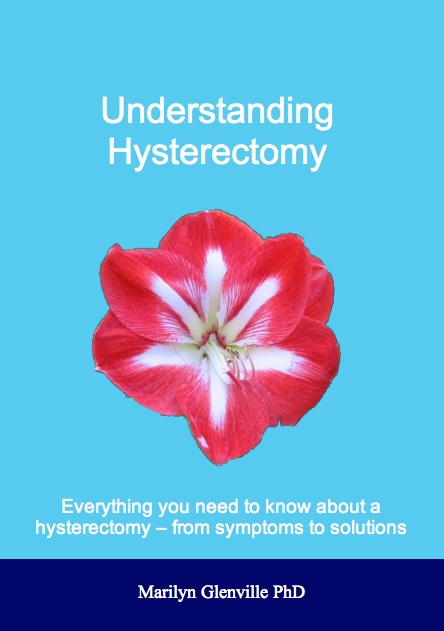
The section above forms part of a larger ebook on Hysterectomy.
In the rest of the ebook you will learn what the medical approaches to hysterectomy are and how to combine them with the natural approach. This is called Integrated Medicine and is the way that healthier of the future is moving towards. Each treatment is then discussed and the pros and cons of the options explained. The Integrated Approach to hysterectomy is considered in some detail so that if appropriate you can know how to combine the best of both conventional and natural medicine.
At the end of the ebook is a practical step by step summary of what you can do to help yourself.
If you would like to read the rest of this ebook click, Understanding Hysterectomy ebook at The Natural Health Practice and you will be given details of how you can download the whole ebook.
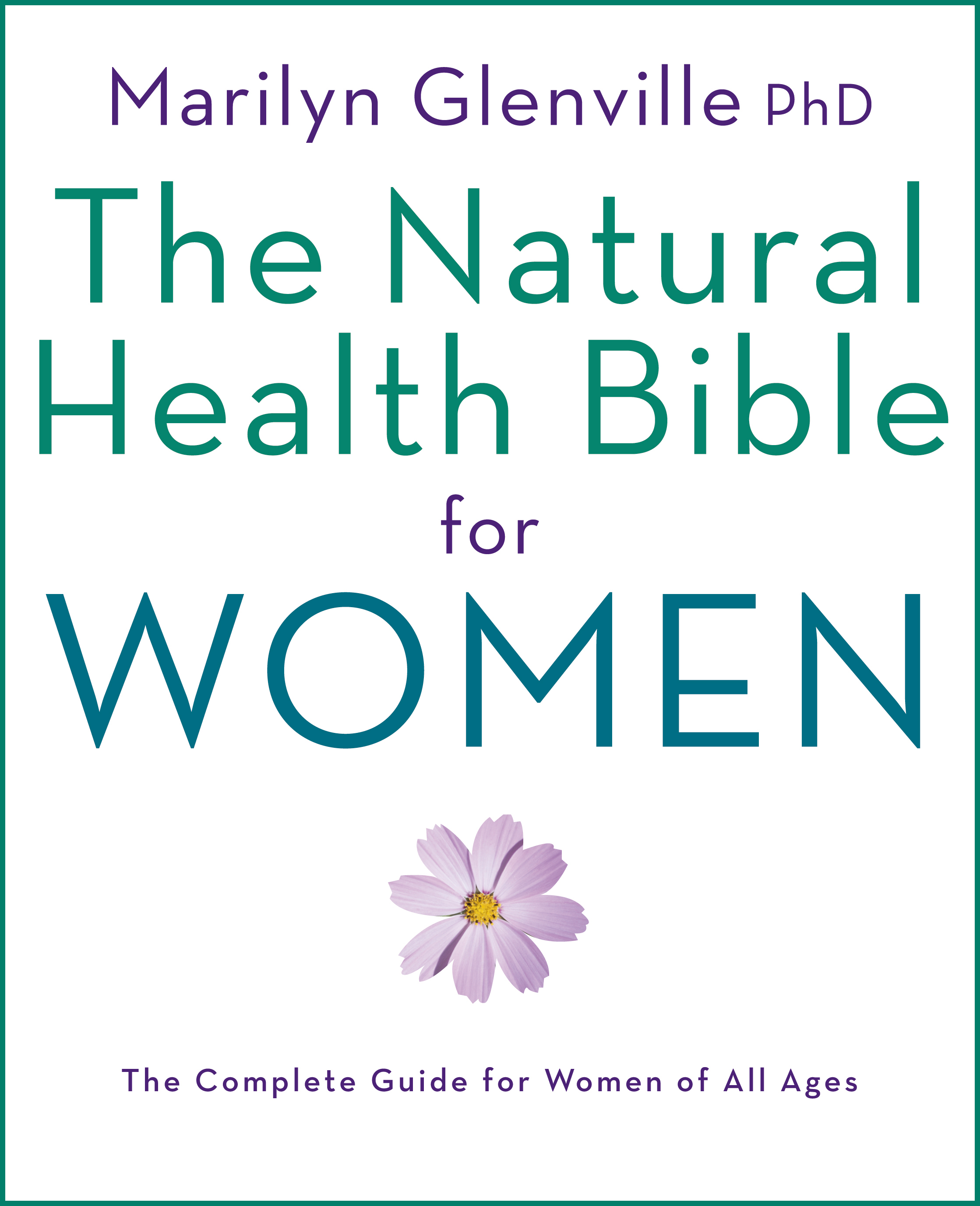
The contents of this site are for information only and are intended to assist readers in identifying symptoms and conditions they may be experiencing. This site is not intended to be a substitute for taking proper medical advice and should not be relied upon in this way. Always consult a qualified doctor or health practitioner, especially if you are pregnant, taking the pill or on any medication. Your situation will need to be looked at individually and you should not attempt to self treat. The author and publisher cannot accept responsibility for illness arising out of the failure to seek medical advice from a doctor.
The views expressed by third parties placing material on these pages are not representative of the views of the author or publisher. The Author and Publisher cannot monitor the content not produced by us and has not reviewed all the third party material published on this site and the Author and Publisher accept no liability whatsoever in relation to the content of third party material placed on these pages.

